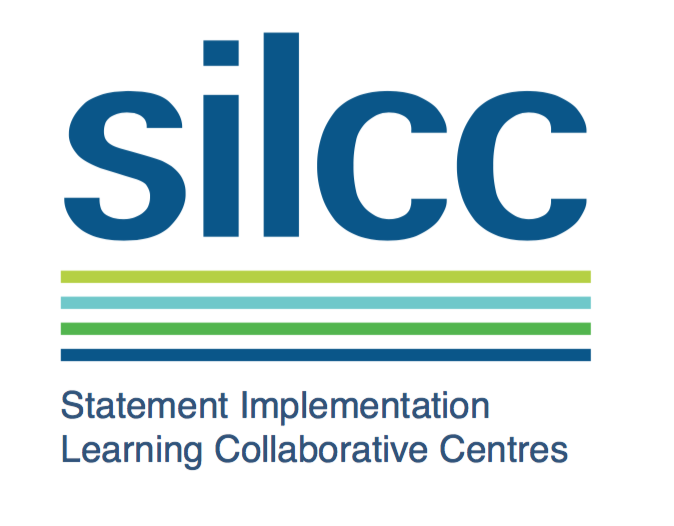The EAHP Board, elected for three-year terms, oversees the association’s activities. Comprising directors responsible for core functions, it meets regularly to implement strategic goals. Supported by EAHP staff, the Board controls finances, coordinates congress organization, and ensures compliance with statutes and codes of conduct.
























 The Uppsalla University Hospital is SILCC Host providing training on this Statement. Please learn more about the SILCC programme
The Uppsalla University Hospital is SILCC Host providing training on this Statement. Please learn more about the SILCC programme 